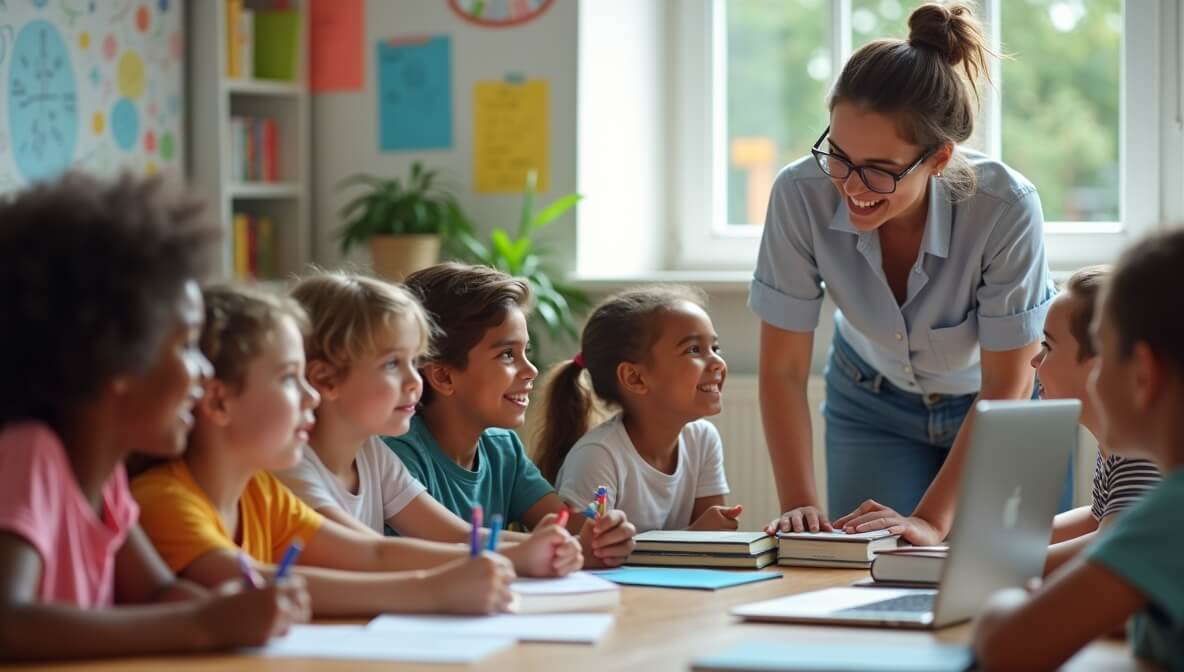August 25, 2025

Education is the bedrock of personal and societal growth. It goes beyond the basics of reading and writing; it’s a pathway to empowement, opportunity, and the catalyst for social and economic change. Across the globe, education is the key to breaking cycles of poverty, promoting equality, and strengthening communities.
When individuals have access to quality education, they gain the skills, confidence, and knowledge to create opportunities that were once out of reach. Education not only equips people with academic knowledge but also fosters critical thinking, creativity, and problem-solving abilities—skills that are essential in today’s fast-paced world.
Why it matters:
In essence, education is a gateway to social, economic, and political empowerment.
Education is one of the most powerful tools for lifting individuals and families out of poverty. According to UNESCO, an additional year of schooling can increase a person’s income by up to 10%.
How education fights poverty:
Educated individuals tend to lift others up with them, creating a positive feedback loop that transforms families, communities, and societies at large.
While education has clear financial and social benefits, it also plays a vital role in mental health. It fosters a sense of purpose and achievement, which contributes to improved emotional well-being.
For young people, schools can serve as safe spaces—places where they not only learn academically but also develop socially and emotionally. They build friendships, learn resilience, and access resources to help them navigate life's challenges.
For more on how education impacts mental health, explore Understanding Mental Health: Breaking the Stigma.
In today’s interconnected world, education is no longer confined to traditional classrooms. Technology has opened up new doors for learning, making it more accessible to people everywhere.
The future of education is more inclusive, flexible, and tailored to the needs of individual learners.
Education is a fundamental human right and a cornerstone of sustainable development. Everyone—governments, nonprofits, and individuals—must ensure equitable access to learning opportunities.
As Nelson Mandela once said, “Education is the most powerful weapon which you can use to change the world.” Education has the power to build a better future for individuals, communities, and the world at large.
Education is a tool for empowerment, a vehicle for economic mobility, and a bridge to a better future. It’s an investment in individuals and in society as a whole. By ensuring everyone has access to education, we pave the way for a more equitable, sustainable, and prosperous world. Every step we take in supporting education is a step toward a brighter tomorrow.
Stay up to date with the latest tips, expert insights, product reviews, and step-by-step guides to help you grow, create, and succeed—no matter your industry or passion.